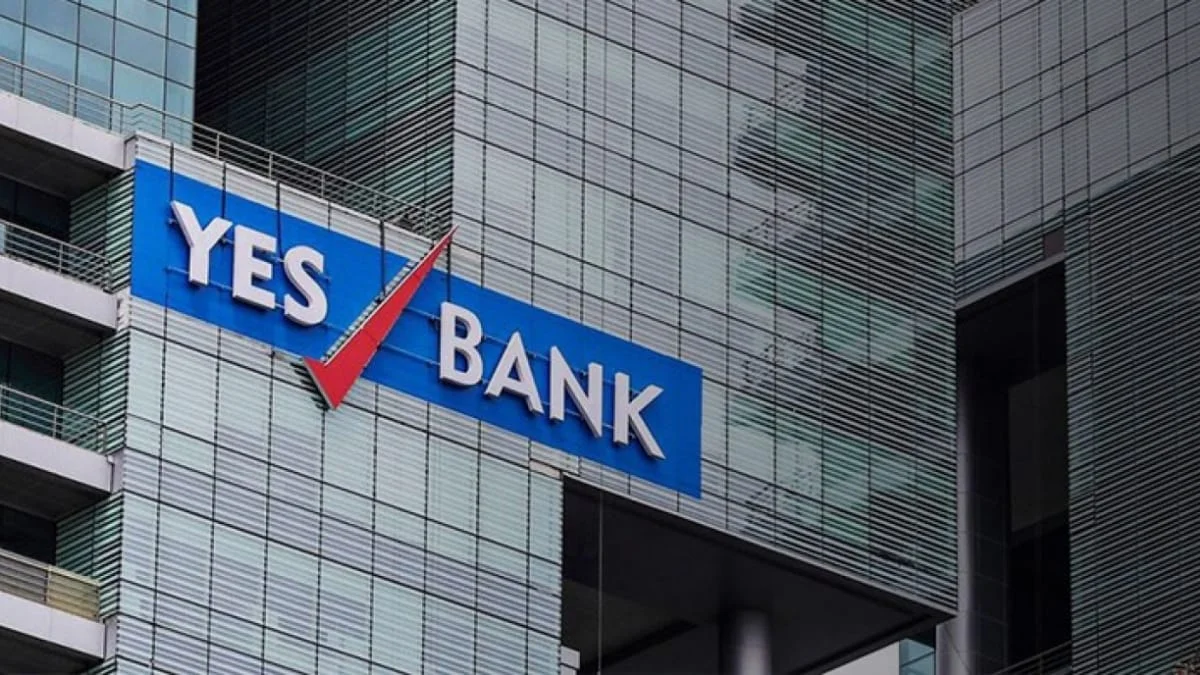Investors have received relief when it was announced that Yes Bank has challenged the decision of the Bombay High Court on the write-off of Additional Tier-1 (AT-1) bonds issued by the private lender and valued at 8,400 crore. A 20 January Bombay HC order has been challenged by the bank before the Supreme Court. As part of a restructuring strategy to save Yes Bank in March 2020, the AT-1 bonds were written off. On the other side, equity holders did not see a comparable write-down, but 75% of their shares were subject to a three-year lock-in. In order to prevent the Yes Bank lender from going down, the Reserve Bank of India had instructed the administrator to write off these bonds as part of a restructuring plan under the direction of the State Bank of India.
According to a BQ Prime report, Yes Bank has contended that its administrator, chosen by the central bank, had the authority to fully write down AT-1 bonds worth $8,415 crore on March 14, 2020. The Bombay High Court last month decided that there were procedural errors in the decision to write down the bonds without delving into the merits of the bonds’ nature. However, the court granted relief to bondholders who had an exposure to these bonds of $8,450 crore. According to the court, the administrator lacked the authority to write off the bonds because it was not included in the final restructuring plan.
According to the Bombay HC judgement, “It appears that Administrator exceeded his powers and authority in writing off AT-1 bonds after the bank was reconstructed on March 13, 2020.” In many court cases, individual and institutional bondholders claimed that the bonds had been missold and could not be written off whereas equity could.
“The order to write off the AT-1 bonds has been invalidated,” said Srijan Sinha, an attorney who spoke on behalf of the association of individual investors. “The Bombay High Court has approved the bondholders’ case against the write-off.”
A type of bond sold by banks is called an AT-1 bond. These bonds are high-yield securities with loss-absorbing characteristics, which enables a lender to write them off if their capital falls below a certain threshold, as was the case in Yes Bank’s instance.
Following the Yes Bank debacle, the capital markets regulator Sebi decreed that AT-1 bonds could only be issued to institutional investors in minimum ticket quantities of 1 crore and higher. However, older AT-1 bond tranches continue to trade in the market in smaller lot sizes of 10 lakh.


